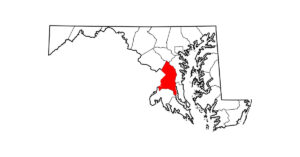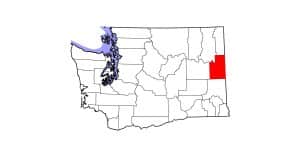University of Kentucky Pasture Monitoring Interim Report–Comparison of 2002 and 2003
Jimmy C. Henning, Assistant Director for Cooperative Extension, Agriculture and Natural Resources, Former Extension Forage Specialist;and Wayne Long, Agriculture Extension Associate, Department of Agronomy, University of Kentucky (UK)
The University of Kentucky mare reproductive loss syndrome (MRLS) pasture monitoring program has been evaluating certain pasture parameters weekly since March 1, 2003. A comparison of 2002 and 2003 values for some pasture parameters and a brief interpretation follows.
Pasture samples are taken in those fields occupied by mares that are part of the MRLS monitoring program. Pastures monitored in 2003 would not necessarily be the same as in 2002. Therefore, these comparisons do not allow a perfect comparison of 2002 and 2003 on a field by field basis. However, they do provide more information about seasonal levels of nitrate, cyano-sugars, K/Ca ratio and tall fescue alkaloids.
Nitrate from Composite Pasture
The results presented are the concentration of nitrate–nitrogen (NO3-N) in the overall composite pasture sample, expressed in parts per million (ppm). Nitrate can cause toxicity (including asphyxiation and abortion) by being converted to nitrite by the microorganisms in the gastrointestinal tract of livestock. In the horse, this would occur in the cecum. Because most nitrate is absorbed before the hind gut, the horse is much less sensitive to nitrate content of pasture than ruminants. The levels reported for cattle (ruminants) considered to be generally safe are anything less than 1200 ppm
Create a free account with TheHorse.com to view this content.
TheHorse.com is home to thousands of free articles about horse health care. In order to access some of our exclusive free content, you must be signed into TheHorse.com.
Start your free account today!
Already have an account?
and continue reading.
Written by:
University of Kentucky College of Agriculture, Food and Environment
Related Articles
Stay on top of the most recent Horse Health news with












